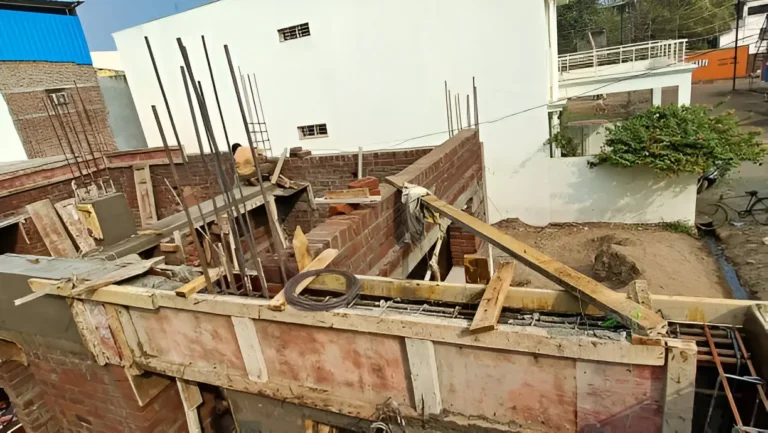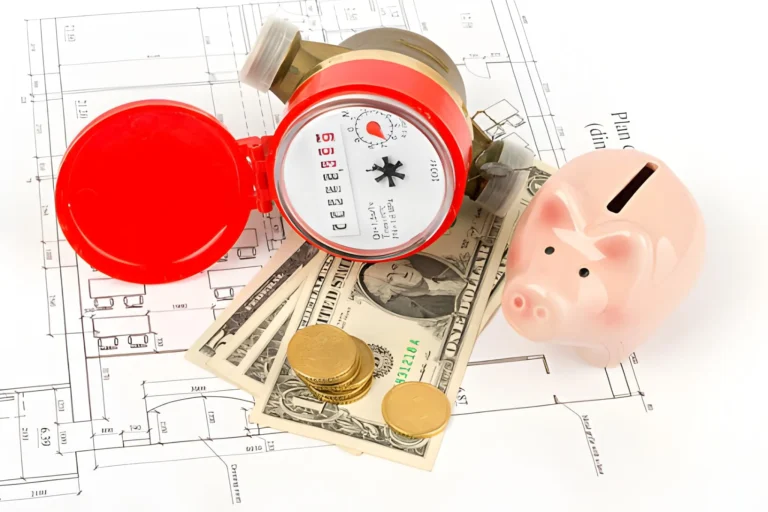Choosing the Right Replacement Door: A Practical Guide for Homeowners
Why Replacement Doors Matter
Doors are more than entry points; they impact a home’s functionality, security, and look. Well-maintained doors insulate, reduce costs, and improve safety. They also boost curb appeal. Wear, weather, or outdated styles can impair performance and appearance, making replacement necessary.
Homeowners looking to improve efficiency or update the look of their property often turn to professional door replacement services. These services ensure doors are correctly installed, aligned, and sealed, helping to maximize both energy efficiency and security. Investing in the right door can make a lasting difference in comfort, style, and long-term home value.
Popular Types of Replacement Doors
Replacement doors for homeowners are available in standard materials like fiberglass, steel, wood, and composite, each offering different benefits for specific needs and climates. Wood doors provide a timeless look but need more upkeep, while steel doors offer security and warp resistance. Fiberglass doors balance durability with aesthetics and energy efficiency. Popular alternative styles include sliding patio and French doors, which enhance natural light and indoor-outdoor living, often featuring multi-panel or energy-efficient glass options.
Material Matters: Comparing Top Options
The choice of replacement door material impacts durability, weather resistance, and longevity. Wood offers aesthetic appeal but requires regular maintenance, especially in damp conditions. Steel offers security and is low-maintenance, but fixing dents can be challenging. Fiberglass is resistant to dents, rust, and temperature extremes, making it a good mid- to high-priced option. Composite doors, a mix of wood, PVC, and foam, are valued for their durability and energy efficiency. Modern doors often integrate strong cores with weather-resistant exteriors.
Improving Energy Efficiency with a New Door
Installing a new replacement door enhances energy efficiency through insulated cores, multi-layered weatherstripping, and sturdy seals that reduce air leakage. According to the U.S. Department of Energy, this maintains a comfortable indoor temperature and can lower heating and cooling costs by 10%–20% annually, especially in climates with distinct seasons. Choosing energy-rated models certified by reputable programs is recommended.
Security Features to Look For
Security is a critical factor when selecting a new door. Look for features such as reinforced steel frames, multi-point locking mechanisms, and shatter-resistant glass inserts. These enhancements provide crucial resistance to forced entry and add invaluable peace of mind for families. Many leading manufacturers now offer advanced options like smart locks and integrated security sensors, making upgrading both convenient and protection easier. Investing in top-tier security features can also positively impact your home insurance rates.
The Value of Professional Installation
Proper door installation ensures maximum benefits. DIYers might handle it, but professionals bring tools and expertise for a perfect fit, reducing gaps and water leaks and improving energy efficiency. Many warranties require certified installation. For your investment, expert installation offers savings and peace of mind.
Maintenance Tips for Longevity
- Clean the door surface, hardware, and thresholds regularly to prevent dirt buildup and corrosion.
- To maintain a strong seal, check weatherstripping at least twice a year and replace it if you notice cracking or wear.
- For wood doors, repaint or refinish every few years, and inspect for signs of warping or insect damage.
- Lubricate hinges, locks, and moving parts annually for smooth operation.
Consistent upkeep maintains the door’s appearance and wards off functional issues, extending its lifespan for years beyond the manufacturer’s estimates.
Balancing Cost and Quality
While prioritizing the lowest price may seem tempting, investing in a higher-quality door provides better performance, durability, and longer warranties. Look for models with sturdy hardware, advanced insulation, and comprehensive guarantees. The true value includes energy savings, increased security, lower maintenance costs, and higher property value. Adopting a long-term perspective maximizes your investment.
Key Takeaways
Replacing your doors is more than a cosmetic update it improves energy efficiency, security, and overall home value. Choosing the right material, incorporating modern security features, and ensuring professional installation all contribute to long-term performance and peace of mind. Regular maintenance keeps your doors functioning optimally, while thoughtful investment balances cost with quality. Ultimately, a well-selected and properly installed door enhances comfort, safety, and the lasting appeal of your home.
Also Read-7 Powerful Insights On Online Game Trends Shaping Germany in 2025






